Chilean appeals court says Neruda's death should be reinvestigated
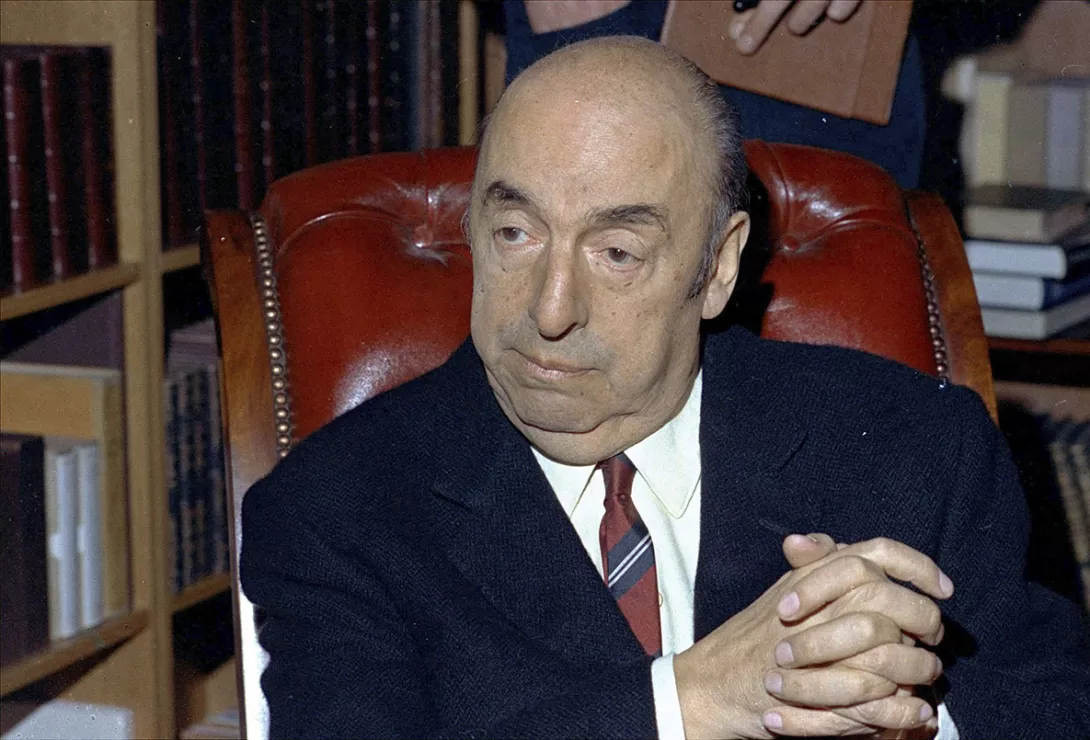
THE death of Nobel laureate Pablo Neruda days after Chile’s 1973 military coup should be reinvestigated, an appeals court has ruled, saying that new steps could help clarify the circumstances of the communist poet’s death.
Last December, a judge rejected a request by Neruda’s nephew Rodolfo Reyes to reopen the case to look for causes other than cancer, listed on his death certificate. Mr Reyes said forensic experts from Canada, Denmark and Chile had found evidence of poisoning.
Tests carried out in Danish and Canadian laboratories indicated that Neruda’s body had “a great quantity of Cloristridium botulinum, which is incompatible with human life,” Mr Reyes said. The toxin can cause paralysis of the nervous system.
More from this author
Similar stories
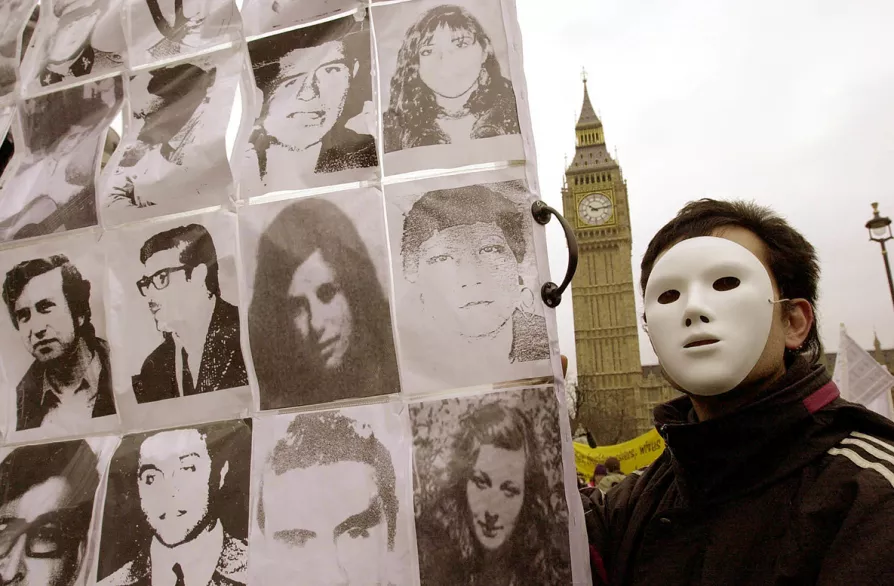
Chilean resistance activist SERGIO VASQUEZ addressed a gathering unveiling a plaque in the city of Sheffield marking the 51st anniversary of the 1973 fascist coup in Chile on Saturday — we reprint his powerful speech here
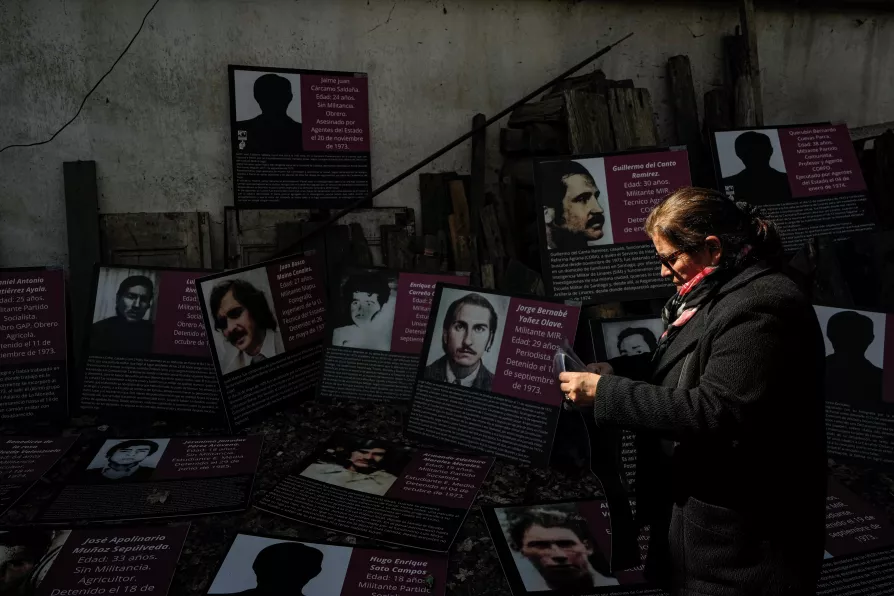
LINDA PENTZ GUNTER recalls the anger and heartbreak over the 1973 coup in Chile, with its torture and massacres, which we now relive with the horrors carried out by Israel in Gaza – and also through our solidarity
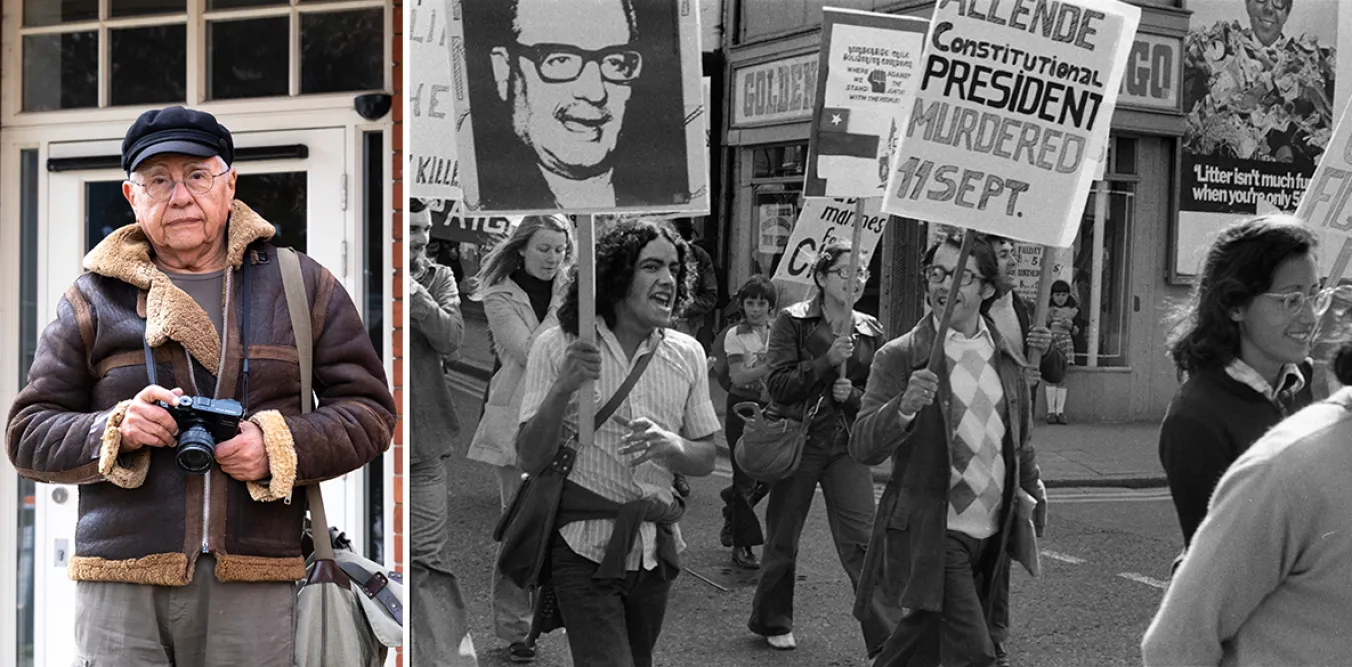
Co-curator TOM WHITE introduces a father-and-son exhibition of photography documenting the experience and political engagement of Chilean exiles
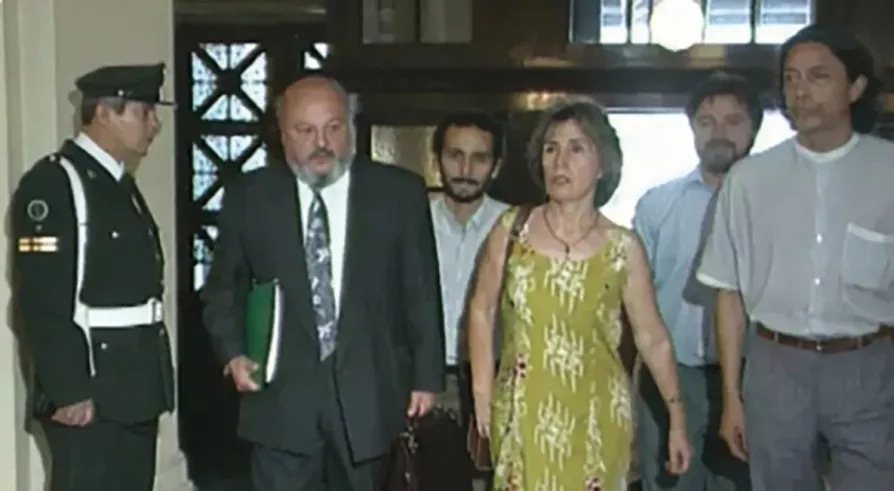
Kate Clark remembers a lawyer, exiled after the military overthrow of left-wing president Allende, who later helped to prosecute scores of the military coup-plotters and was instrumental in forming a new generation of human rights lawyers in the country in the ’90s










